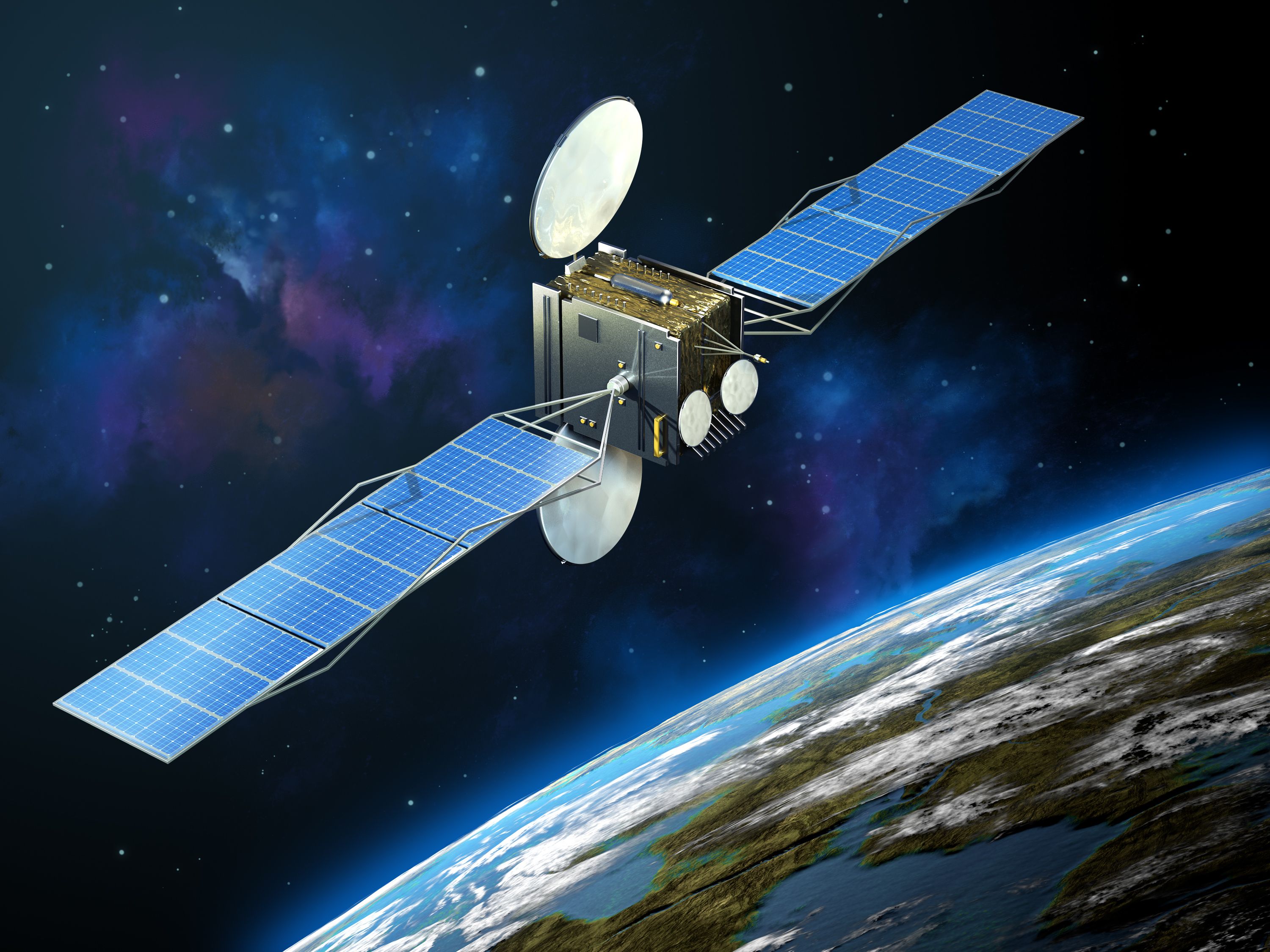Rocket Lab (RKLB 9.53%), a producer of reusable orbital rockets, has seen its stock surge more than 790% over the past 12 months. That market-crushing rally was fueled by its successful launches, new deals, and ambitious plans for the future. With a market capitalization exceeding $23 billion, Rocket Lab might look overheated at 40 times this year's sales.
However, there are still three reasons to get excited about this high-flying stock right now.
1. It's launching a lot of rockets
Rocket Lab's Electron rocket can carry small payloads of up to 300 kilograms into space. That sets it apart from SpaceX, which carries much heavier loads with its Falcon rockets. Rocket Lab has launched its Electron rocket 68 times and used it to deploy 232 satellites. Its major customers include NASA, the U.S. Space Force, the Swedish National Space Agency, Capella Space, Kinéis, and BlackSky Technology.

Image source: Getty Images.
The company launched six Electron rockets in 2021, nine in 2022, 10 in 2023, and 16 in 2024. It's already launched 10 rockets so far in 2025, and several industry reports suggest it will launch at least 20 rockets for the full year. That robust demand is being fueled by the growing commercial interest in small satellite deployments, higher military spending on space defense projects, and new science missions at NASA and other space agencies.
Rocket Lab plans to launch its second rocket, the Neutron, by the end of 2025. This higher-capacity rocket can carry up to 13,000 kilograms and put it in a better position to challenge SpaceX's Falcon 9, which has a maximum capacity of 22,800 kilograms. It's already secured several Neutron contracts with NASA and a top satellite network operator.

NASDAQ: RKLB
Key Data Points
2. Its revenue is skyrocketing
From 2021 to 2024, Rocket Lab's annual revenue surged from $62 million to $436 million. From 2024 to 2027, analysts expect its revenue to grow at a CAGR of 41% to $1.21 billion. If it hits those targets, then it looks a bit more reasonably valued at 19 times its 2027 sales.
Catalysts ahead include its upcoming Electron launches, the ramp-up of its Neutron rocket (which will generate higher revenue per customer), the integration of its Photon satellite bus platform (which kicks satellites into their correct orbits) into more launches, and fresh defense, communications constellation, and space exploration contracts.
Rocket Lab is still tiny compared to SpaceX, which launched 138 Falcon rockets to generate an estimated $13 billion to $14 billion in revenue in 2024. SpaceX's private valuation hit $350 billion at the end of 2024, which valued it at about 26 times its trailing sales. Therefore, Rocket Lab could still have plenty of upside potential if it scales up its business in a similar manner and becomes a true competitor to SpaceX.
3. Its margins are improving
Rocket Lab's adjusted earnings before interest, taxes, depreciation, and amortization (EBITDA) margin rose from negative 70% in 2021 to negative 22% in 2024. Analysts expect that figure to improve to negative 14% in 2025, positive 6% in 2026, and positive 16% in 2027.
That expansion can be attributed to its increasing number of launches, its rising launch prices, its in-house production of more components, and its more disciplined spending. Analysts also expect it to turn profitable on a generally accepted accounting principles (GAAP) basis in 2027.
Is it the right time to buy Rocket Lab's stock?
Rocket Lab is still a speculative stock that looks expensive relative to its near-term growth potential. But if you expect it to keep growing as it launches more rockets and gains news customers, it could be smart to accumulate some shares today.





